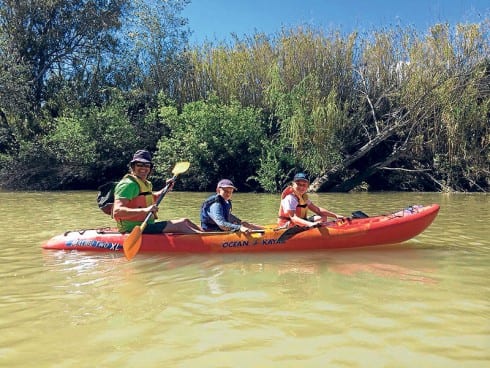
1 ABOGADO/A: A lawyer who is not only licensed(with a degree/diploma) but is also registered with the college of lawyers (there are 83 in Spain).
There are five specialist categories: Labour, Business, Civil, Criminal and New Technologies. Always ensure you deal with a lawyer who is a specialist in the subject, not one who seems to be familiar with all, as you will not receive the most effective advice and it could prove to be more costly.
Lawyers are obligated to provide a clear precise, direct, unbiased service for their clients.
Some of the services covered: the process of litigation, dealing with contractual irregularities, work/labour problems, divorce, abuse, fraud or whatever accusation (denuncia) the client wishes to make, covered by the previously mentioned categories.
No individual has a right to represent themselves in Spain’s courts of justice. They must have professional representation. All lawyers work alongside a procurator who is assigned to process all paperwork for the court in case of litigation.
In Spain it is not obligatory to use a lawyer for the purchase or sale of property. As all of these transactions pass through the offices of a Notary, the legalities are completed here.
In cases of poor or negligent representation, or a discrepancy in fees charged by the lawyer, the client has the right (in the majority of cases) to apply to the Colegio de Abogados for intervention and clarification.
2 GESTOR & ASESOR: Administrator and Accountant. Normally these services are provided in tandem by qualified personnel.
The Gestor processes public documents and deals with permissions and licenses. These include import/export documentation, driving licenses, work and residency permits, birth, death and marriage certificates, gun and rifle licenses, fishing and hunting permits, etc.
The Asesor deals with tax affairs, declarations, social security contributions, company formations, self-employment contributions, etc.
It is always advisable to ask the service provider for their experience and qualifications and their respective charges, before taking on their services.
3 FACILITATOR: That’s me, so I’ll restrict my comments to how I personally define my work.
A Facilitator is a qualified individual, independent, with integrity and experience, a go-between who deals with the matter at hand in a transparent, honest and direct way, always working for the benefit of the client.
This individual is capable of dealing personally with issues such a permissions for building works, property conveyancing, applications for licenses, bureaucratic paperwork, translation services, project management and many other matters. The Facilitator listens, understands and, here in Spain, is able to negotiate in spoken and written Spanish.
As a Facilitator, it is important to have Collaborators who offer a highly professional and effective service. The real objective of a Facilitator is to eliminate doubt, reduce the stress factor and obtain the maximum efficiency from third party service providers, to the complete satisfaction of the client.





That’s all easy to say, but just finding someone to trust dealing with Spanish property can be a nightmare. You can’t trust agents nor developers to honestly suggest anyone, even lawyers were in cahoots often. It’s still a minefield out there I’m afraid!
you say qualified………..what exactly are your qualifications…please tell all…????????????
Luis Barcenas was also a “facilitator”. Very handy position.